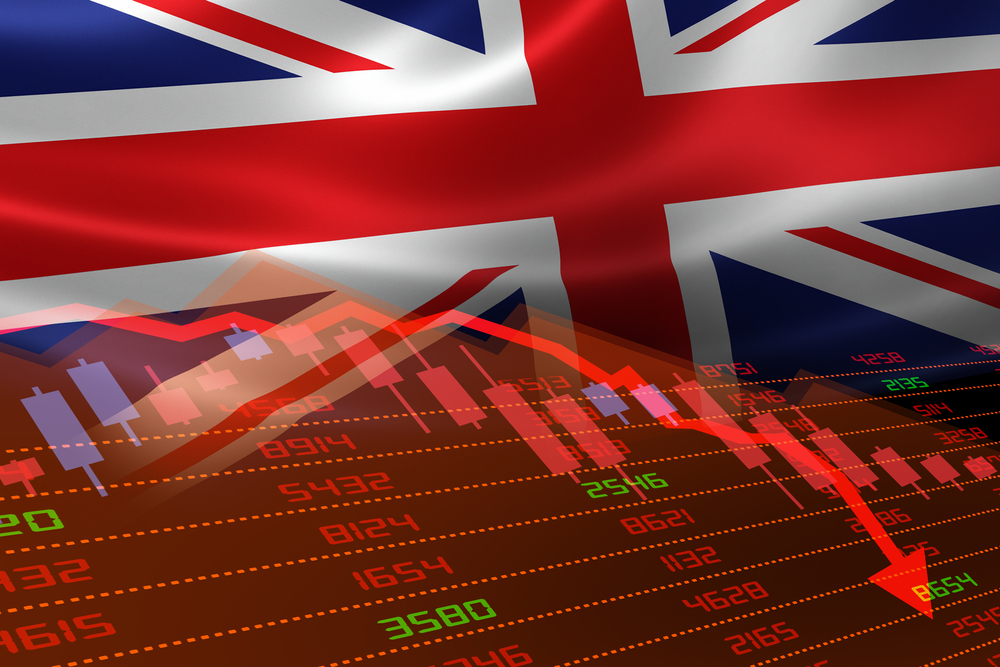News
UK economy rebounds in July but is ‘probably already in recession’

The UK economy grew 0.2% in July following a 0.6% fall in June, but the “disappointingly small rebound” suggests we’ve already entered recession.
Gross domestic product (GDP) measures the value of goods and services produced in the UK. It estimates the size of, and growth in, the economy.
July’s figure at 0.2% showed there was growth in the UK economy, but it was below market consensus of 0.4%.
According to the Office for National Statistics (ONS), the services sector was the main driver behind the rise in GDP, growing 0.4% off the back of growth in information and communications.
According to Danni Hewson, AJ Bell financial analyst, July’s record temperatures meant many people flocked to the beach, the park or outdoor pools to enjoy a little respite from the heat so service businesses benefited.
“Ice creams were consumed, sun cream was slathered on and beer gardens overflowed. Sporting events distracted people from their personal budgeting headaches and the incredible success of the Women’s England football team bathed the country in a warm glow,” Hewson said
However, production fell 0.3% after a fall of 0.9% in June which was due to a fall of 3.4% in electricity, gas, steam and air conditioning supply.
Construction also fell for the second month in a row (0.8% following 1.4% fall in June). The ONS noted the decline “came solely from repair and maintenance” which fell 2.6%.
Meanwhile, output in consumer-facing services grew 0.6% following flat growth in June. But this sector remained 4.3% below the pre-pandemic February 2020 level.
Overall, GDP was flat in the three months to July compared with the previous quarter.
However, the ONS said based on the monthly GDP figure, it is estimated to be 1.1% above its pre-coronavirus levels. And it grew 2.3% between July 2021 and July 2022.
Recession territory as cost of living pressure mounts
Paul Dales, chief UK economist at consultancy Capital Economics, said the rise in GDP in July was mostly due to the unwinding of the recent bank holiday effects which “makes the economy looks stronger than it really is”.
He said: “The 0.4% month-on-month (m-o-m)rise in GDP in May was partly due to that month having one fewer bank holidays than normal and the 0.6% m-o-m decline in GDP in June was a result of that month having two more bank holidays than normal. July was a return to the norm. But even after the 0.2% m-o-m rise, the level of GDP was still 0.2% lower than in March.”
Dales added: “The disappointingly small rebound in real GDP in July suggests that the economy has little momentum and is probably already in recession. The government’s utility price freeze is unlikely to change that.”
Hewson added that the figures show “an undertone of caution” as, despite the package of support for households, the cost-of-living crisis “hasn’t magically disappeared”.
She said: “Energy costs are just one part of the equation – food prices, fuel prices and pretty much every single service we use has gone up and, even if inflation doesn’t peak at those eyewatering levels we’d been warned of, budgets are still very tight.”